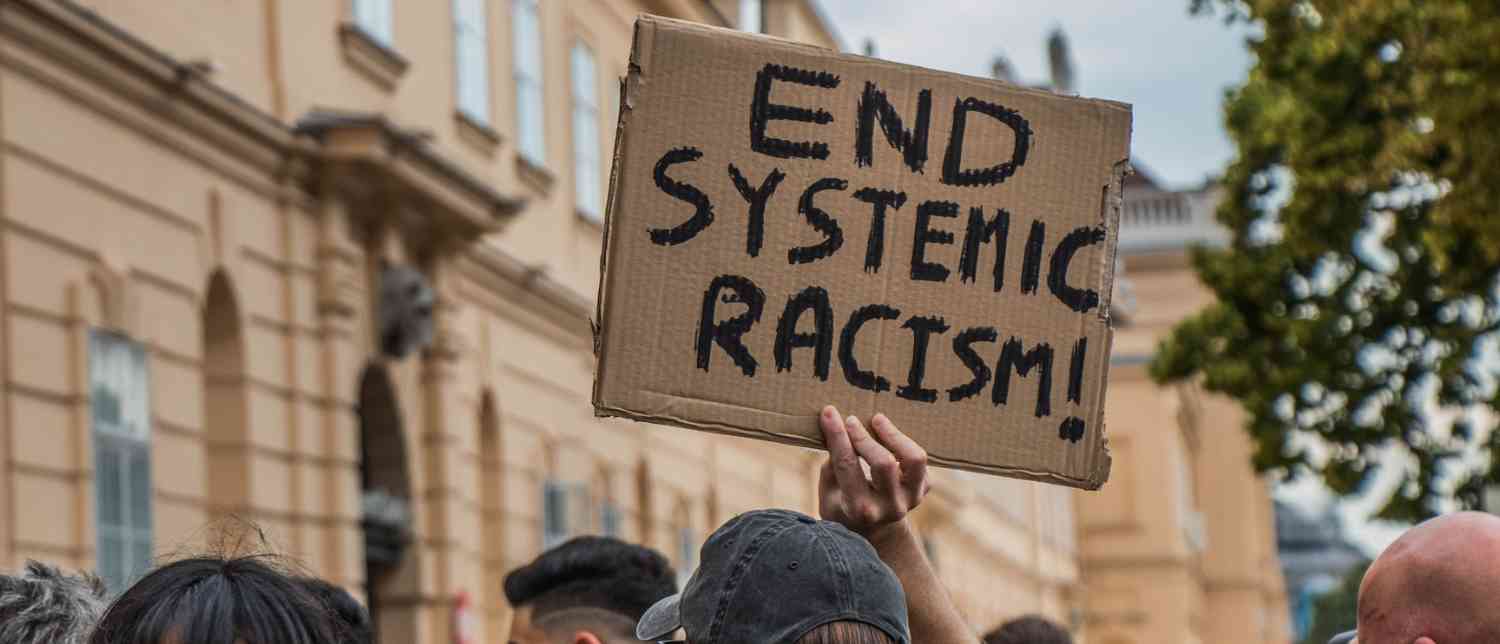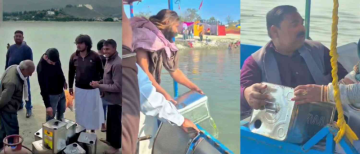In recent weeks, Ireland has been rocked by a disturbing surge in violent incidents targeting members of its Indian community. What began as isolated episodes has now emerged as a troubling pattern — with victims ranging from a six-year-old girl to long-term residents who have contributed to Irish society for decades. The attacks, many tinged with overt racism, have left families traumatised, communities on edge, and experts urging immediate societal and institutional action.
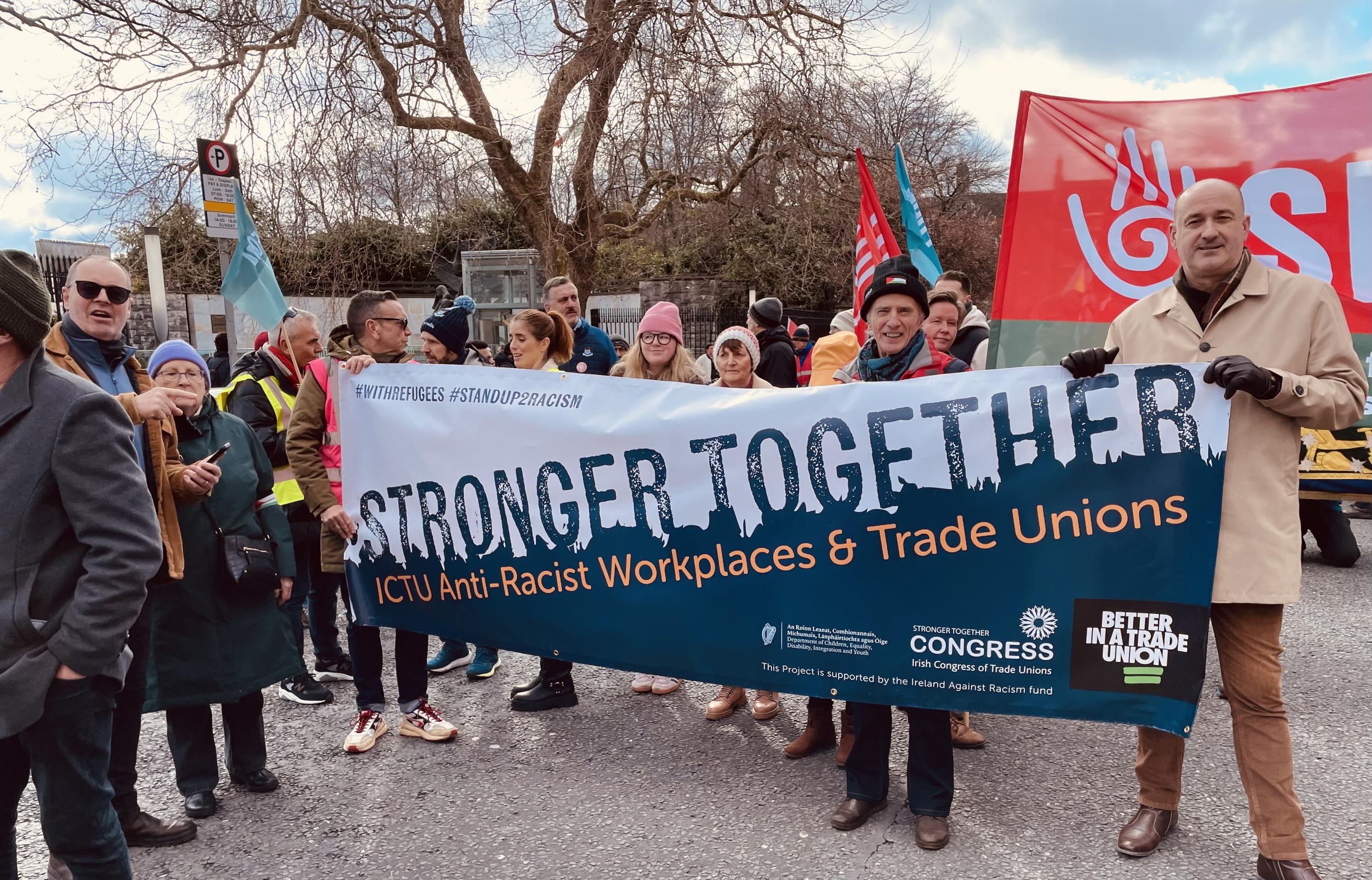
A Childhood Shattered: The Waterford Incident
On the evening of Monday, August 4, 2025, six-year-old Nia Naveen, an Irish-born girl of Indian origin, stepped outside her home in Waterford City to cycle with her friends. Within minutes, her life changed.
According to her mother, Anupa Achuthan, Nia had been playing just outside their Kilbarry-area home, supervised until Anupa briefly went inside to feed her 10-month-old son. In that short moment, a gang of boys aged between 12 and 14 descended on the child. They punched her in the face and neck, yanked her hair, and, in a particularly cruel act, pushed a bicycle wheel into her private parts.
“They said the F-word and ‘Dirty Indian, go back to India, ” Anupa recounted, still shaken. “She couldn’t even speak when she came back inside. She was crying so hard. I have never seen my daughter like that.”
One of Nia’s friends later confirmed the details, adding that the gang had laughed and stared at the terrified child after the assault.
While the attackers were themselves minors, Anupa is not calling for legal punishment. Instead, she hopes for counselling and education to help them unlearn their prejudice. “They are children, too. They need to learn to treat others with kindness,” she said.
The Gardaí (Irish police) have been informed. But the damage to Nia’s sense of safety is already profound. She has had sleepless nights since the incident and is now too frightened to play outside.
Little girl told 'go back to India' in alleged attack by gang of kids pic.twitter.com/0zAXMMP5Gd— Irish Daily Mirror (@IrishMirror) August 6, 2025
Not an Isolated Incident: A Disturbing Pattern Emerges
Nia’s assault is not a one-off — it’s part of a spate of attacks against Indians in Ireland in the past month.
-
Just a day after the Waterford attack, Lakhvir Singh, an Indian-origin taxi driver living in Ireland for 23 years, was violently assaulted in Ballymun, a suburb of Dublin. Two passengers, aged about 20 or 21, struck him twice on the head with a bottle after he dropped them off. Covered in blood, Singh knocked on nearby doors for help, but no one answered. The attackers yelled, “Go back to your own country” before fleeing. Singh, who supports his family with his taxi job, is now afraid to return to work.
-
Another recent victim, Laxman Das, a 51-year-old hotel chef and Irish citizen who has lived in the country for 22 years, was attacked on his way to work at Charlemont Place in south Dublin. Three men assaulted him, stealing his phone, cash, and electric bike. Das suffered injuries to his legs, shoulder, arm, and eye socket. While police say this attack may have been motivated by theft rather than racism, it still adds to the growing sense of insecurity among Indians in Ireland.
-
The violence doesn’t stop there. In July, a 40-year-old Indian Amazon employee, just three weeks into his stay in Ireland, was beaten, stabbed in the face, partially stripped, and left bleeding in Tallaght, Dublin, by a teenage gang. He was falsely accused of inappropriate behaviour around children — allegations police later dismissed.
-
Around the same time, Santosh Yadav, a 32-year-old Indian-origin data scientist, was set upon by six teenagers near his Dublin apartment. The savage beating left him with a fractured cheekbone, multiple injuries, and broken glasses. “They beat me relentlessly across my head, face, neck, chest, hands, and legs — leaving me bleeding on the pavement,” Yadav wrote in a social media post, accusing police of responding sluggishly.
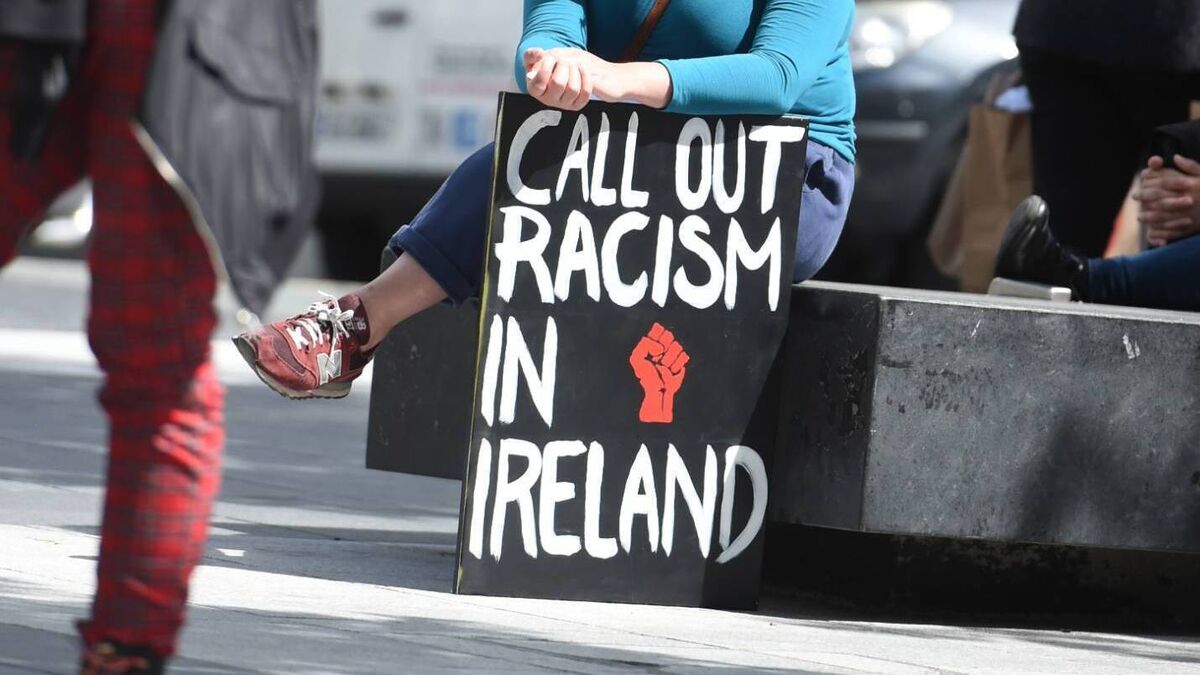
The Broader Context: Anti-Immigrant Rhetoric and Misinformation
Community leaders say these attacks are unfolding against a backdrop of rising anti-immigrant sentiment in Ireland. Some voices in the country have blamed immigrants — including the Indian community — for issues such as the ongoing housing crisis.
Prashant Shukla, Chairman of the Ireland India Council, has dismissed this narrative as “mischievous propaganda.” He argues that immigrants are being scapegoated for systemic challenges and warns that such rhetoric fuels hostility and hate crimes. The Council has formally written to several Irish ministers, urging stronger legislation, including holding parents accountable when minors commit racially motivated attacks.
Racism is Learned — Experts Warn of a Cycle
While the physical assaults have drawn public outrage, experts stress that the roots of such behaviour run deep — and often begin at home.
“There is no genetic basis for racism. It is a socially learned behaviour,” says Professor Dr. Vishal Akula, National Director and Council Member of the Indian Psychiatric Society. “Children who grow up hearing derogatory remarks or witnessing discriminatory actions absorb these cues, just as they would learn kindness or honesty if those values were modelled.”
Research supports this. Studies show that children as young as three can internalise racial stereotypes picked up from parents and their environment. Negative attitudes towards those of different ethnicities, once learned, can crystallise into prejudice and aggression.
The American Academy of Pediatrics warns that children who experience or are exposed to racism face elevated risks of mental health issues, academic struggles, and social difficulties. Early intervention — through inclusive education, open dialogue, and empathy-building — is key to breaking the cycle.
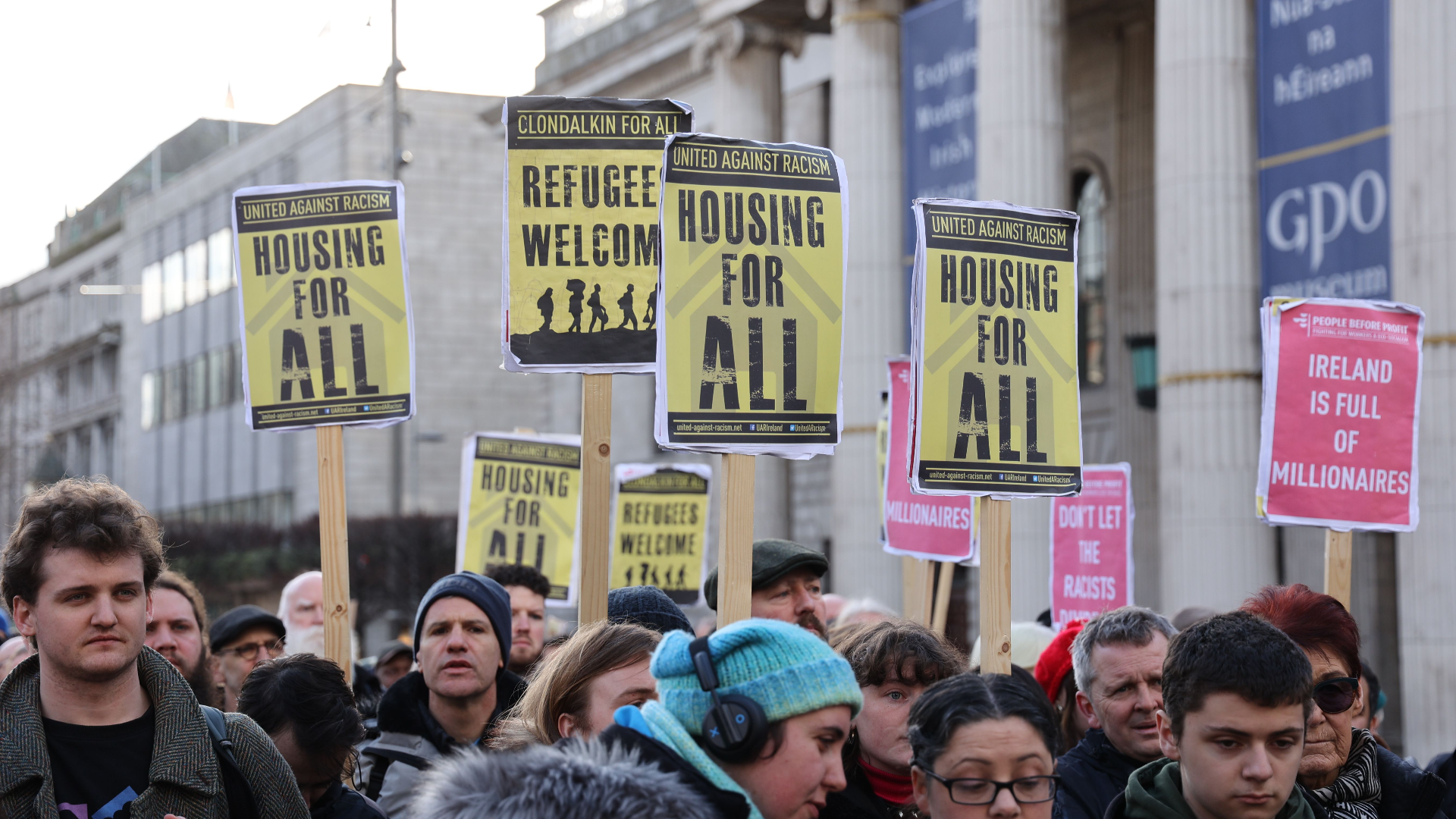
The Toll on Ireland’s Indian Community
For long-term Indian residents, these attacks have pierced the sense of belonging they had worked hard to build. Many have contributed to Irish society as healthcare workers, hospitality staff, tech professionals, and entrepreneurs, often in critical sectors.
Anupa, Nia’s mother, is a nurse who has served in Ireland for eight years. “We moved into our new home in January this year. I thought we would settle here for good. Now, I am not sure,” she says, her voice breaking.
Singh, the taxi driver, summed up the emotional toll in a few words: “I love Ireland. But now I am scared.”
The Official Response
On August 1, in response to the rising violence, the Indian Embassy in Dublin issued a safety advisory. It urged Indian nationals to take “reasonable precautions,” avoid deserted areas — especially during late hours — and remain vigilant at all times.
Irish authorities have condemned the attacks, but critics say more tangible actions are needed. The call for stronger hate crime legislation, cultural education in schools, and community outreach programmes is growing louder.
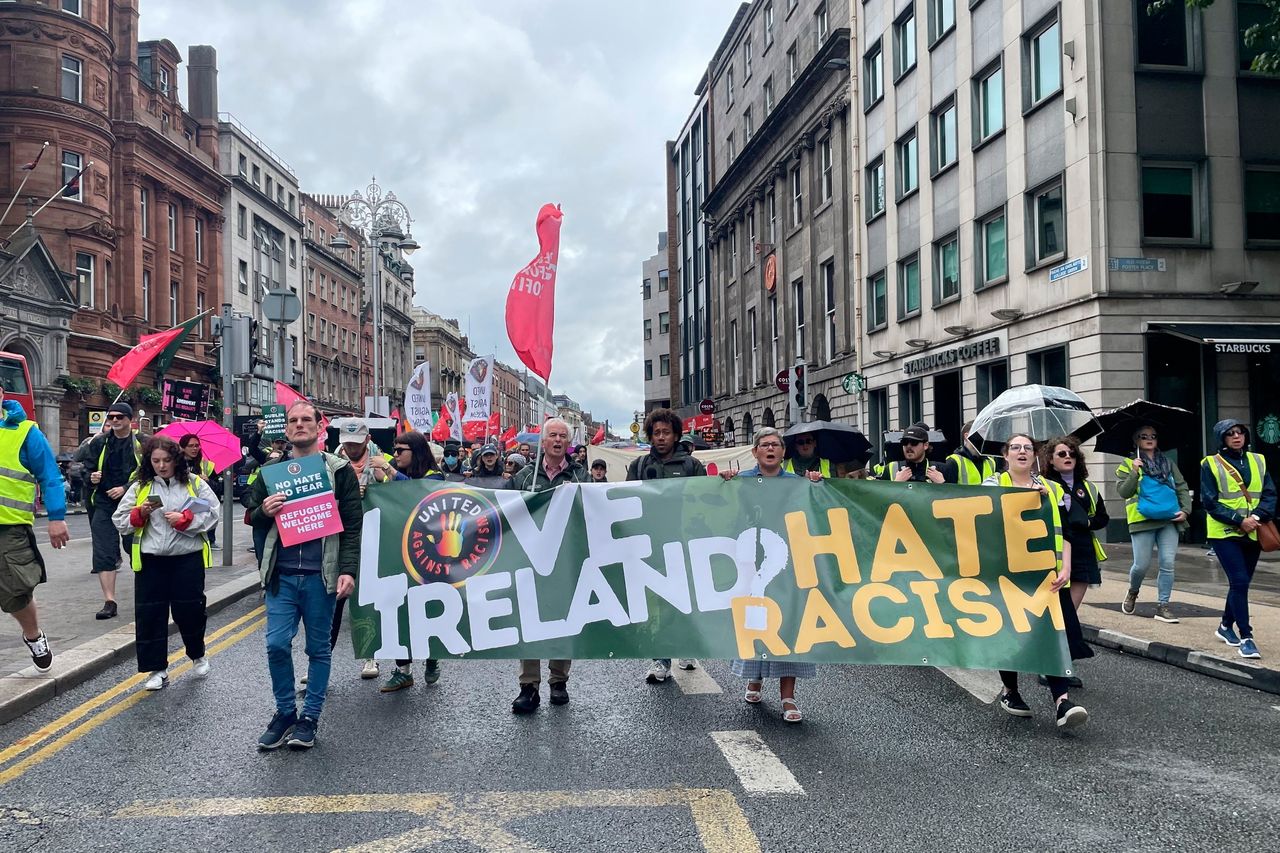
Moving Forward: A Need for Education, Accountability, and Unity
These attacks have shaken Ireland’s reputation as a welcoming, multicultural society. But they have also sparked important conversations about how racism is perpetuated and how it can be dismantled.
Experts, community leaders, and victims agree on several key steps:
-
Education in schools to foster empathy and respect for diversity from an early age.
-
Parental accountability when minors commit hate crimes.
-
Visible law enforcement action to deter future attacks.
-
Stronger legislation against hate crimes, with clear penalties.
Above all, there is a shared belief that the cycle of prejudice can be broken — if individuals, communities, and institutions confront it head-on.
Final Thoughts
From the narrow streets of Waterford to the bustling districts of Dublin, the recent spate of attacks on Indian-origin residents has left a deep scar. Whether driven by racial hatred or opportunistic crime, each incident chips away at the ideals of safety, equality, and community that Ireland aspires to uphold.
The stories of Nia Naveen, Lakhvir Singh, Laxman Das, Santosh Yadav, and others are not just isolated tragedies — they are warnings. Warnings that intolerance, once tolerated, can quickly spiral into violence.
If Ireland wishes to remain a country where diversity is celebrated rather than feared, the time to act is now — in homes, in classrooms, in law enforcement, and in the national conversation. Because racism may be learned, but so too can empathy, respect, and courage.
With inputs from agencies
Image Source: Multiple agencies
© Copyright 2025. All Rights Reserved. Powered by Vygr Media.

